ScrollMotion tapped by publishers to develop textbook apps for iPad
Scrollmotion, developer of the Iceberg reader app for the iPhone OS, has been in talks with major textbook companies to develop digital versions of their textbooks for use on devices such as the iPad. The Wall Street Journal reports that the publishers involved in the project include: Houghton Mifflin Harcourt K-12, which is a unit of Education Media & Publishing Group Ltd.; Pearson PLC's Pearson Education, and Washington Post Co.'s Kaplan Inc., known for its test-prep and study guides.
Maureen McMahon, president of Kaplan Publishing was reported as saying, "Nobody knows what device will take off, or which 'killer app' will drive student adaptations. Today they aren't reading e-textbooks on their laptops. But ahead we see all kinds of new instruction materials."
According to the article, ScrollMotion would take files provided by publishers and adapt them to fit on the iPad platform - adding enhancements such as search, dictionaries, glossaries, interactive quizzes, and page numbers.
Expanded features could include video, highlightable text, lecture recording, and note taking.
"People have been talking about the impact of technology on education for 25 years. It feels like it is really going to happen in 2010," reportedly said Rik Kranenburg, group president of higher education for the education unit of McGraw-Hill.
While Apple's intentions for the education market were not made clear during the iPad's unveiling last week, the WSJ piece states that according to those familiar with the iPad's development the device's role in education was a major point of discussion at Apple.
Apple is not a stranger to the education sector, its popular iTunes U service offers both audio and video content from colleges and universities from around the world.
Apple's iBook application and iBookstore, introduced alongside the iPad last week, allows users to purchase and download books from a variety of publishers. Highlighted in the presentation were HarperCollins, Penguin, Simon & Schuster, Macmillan and Hachette Book Group.
 Brian Garner
Brian Garner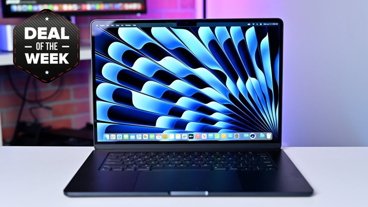

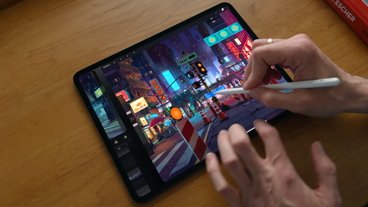
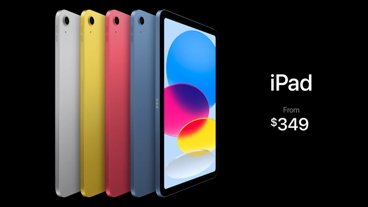

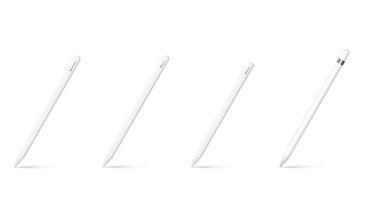






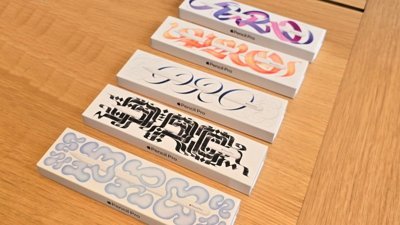
 William Gallagher
William Gallagher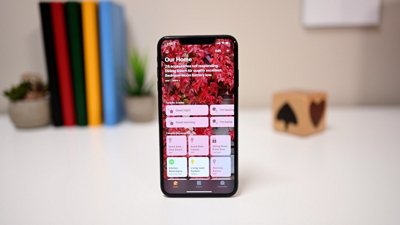
 Andrew O'Hara
Andrew O'Hara
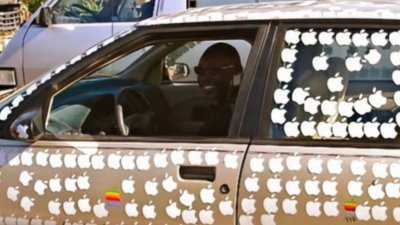
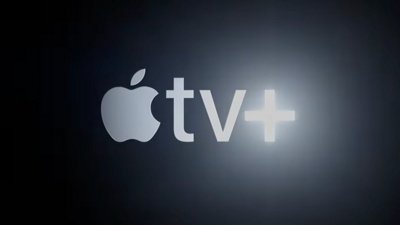
 Mike Wuerthele
Mike Wuerthele




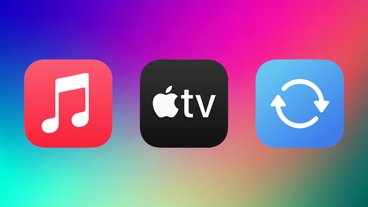







58 Comments
I would think that being able to take notes and highlight text are one of the most important things for a text book. It can't simply be a big pdf file. There needs to be some kind of overlay with a student notes and highlighted sections of the book.
Publishers will be unnecessary when they open up the ibookstore to independent authors with the same 70/30 split as the app store. The ipad is gonna be massive!
Publishers will be unnecessary when they open up the ibookstore to independent authors with the same 70/30 split as the app store. The ipad is gonna be massive!
I think you grossly underestimate the amount of value added the publishers provide to their authors. I've just spent 10 months working with the editors on the *second edition* of my book. The amount of work they put into the book was phenomenal. Very few authors have the publishing, graphic arts, English (or other natural language), and marketing expertise to do everything themselves. Anyone who has looked over several "self-published" books knows what I'm talking about.
A good analogy is to compare quality-controlled commercial software against the many "freeware" or "shareware" offerings. Yes, you can find some horrible "quality-controlled" commercial software and you can find some great freeware offerings. But by and large, the commercial stuff is better.
This is particularly true for technical and other non-fiction texts.
I'm not saying you won't see a lot of self-published e-books. However, when they do start appearing, we're going to hear about how the glut of such books is akin to the glut of "fart" apps and other low-grade applications we see on the iPhone today.
I, for one, will continue to take my 15% from the publisher and let them invest heavily in the quality of the text.
Publishers will be unnecessary when they open up the ibookstore to independent authors with the same 70/30 split as the app store. The ipad is gonna be massive!
So schools, universities etc., will just go with some random 'dudes' attempt at a textbook rather then a major publishing house? Well shit I better start writing a chemistry book!
Publishers will be unnecessary ...
There's a difference between "publishers" and "printers." Publishers do the intellectual heavy lifting. Printers do the grunt work. Printers probably will decline as producers of a physical print/product and adapt (or die) as producers of digital print. This part of producing a readable product will just continue the man-hour decline from a physical press / type-setting to word processing type-setting to automated type-setting. The efficiency (price/time benefits) will be seen mostly here.